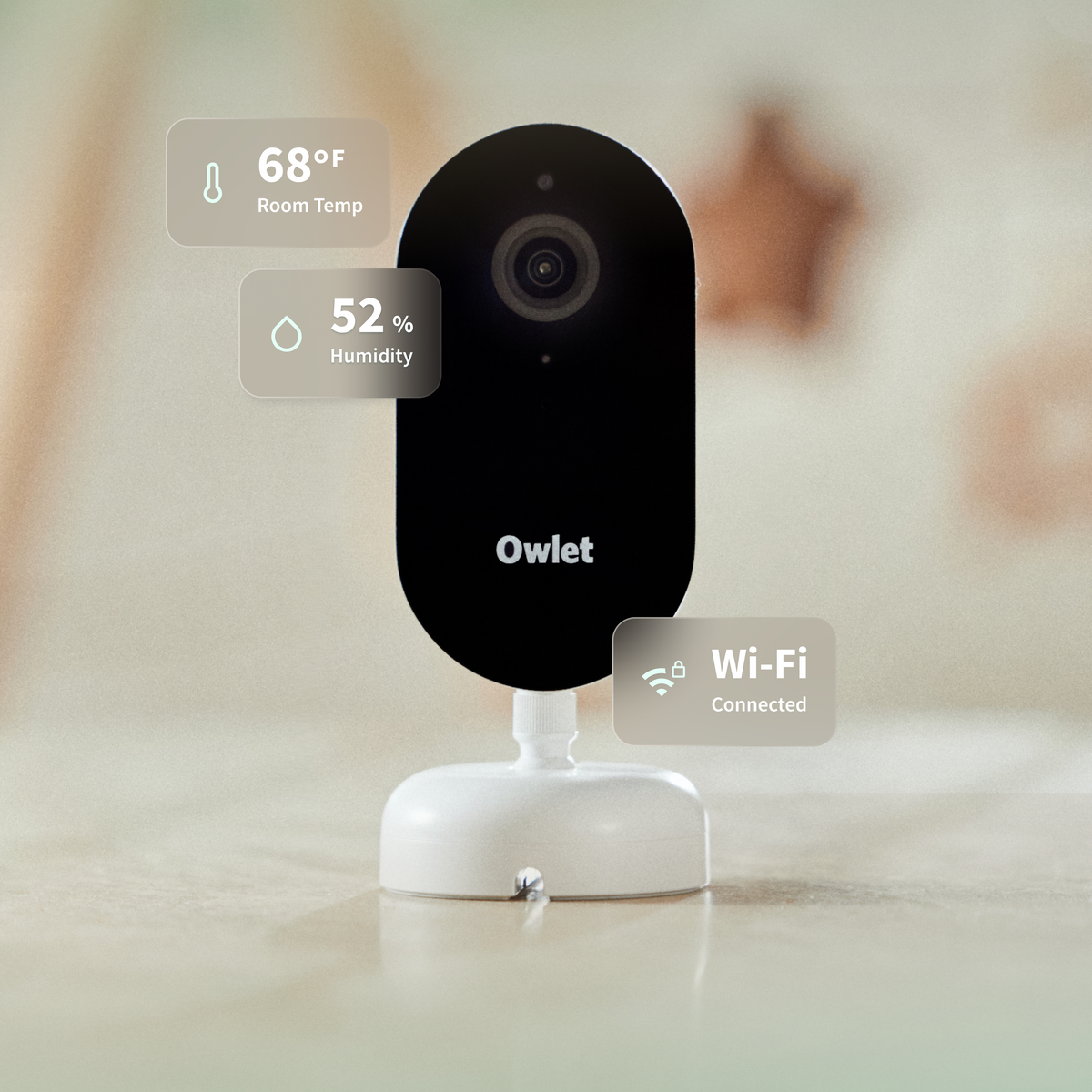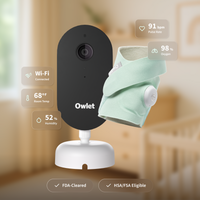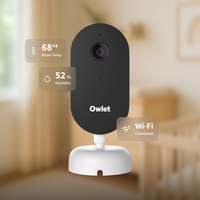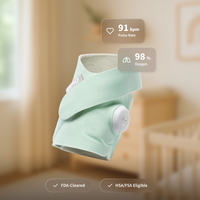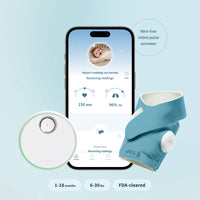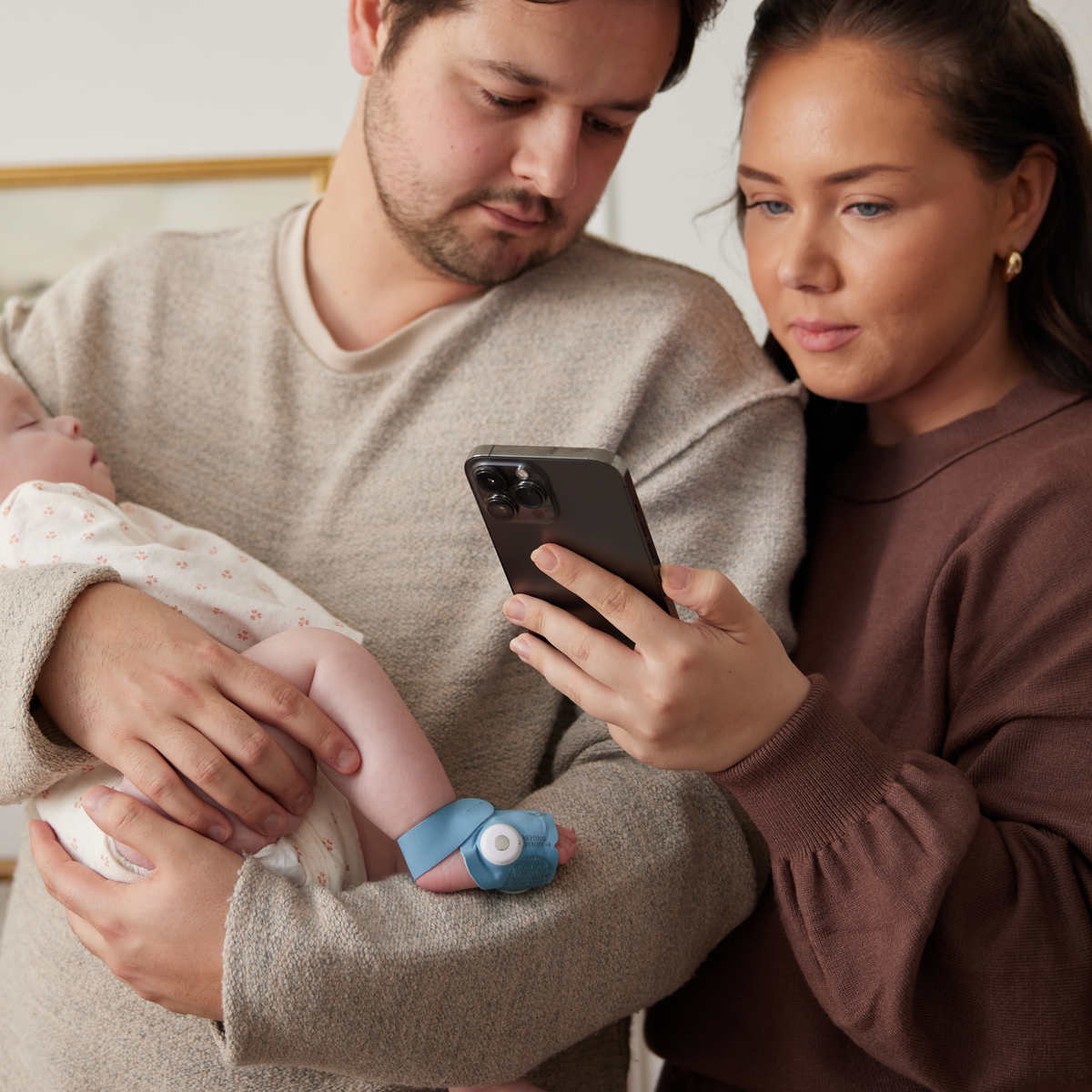Fall Back: Tips to Tackle Daylight Saving Time

The content provided on this blog is intended for informational and educational purposes only. It is not a substitute for professional medical advice, diagnosis, or treatment. Always seek the advice of a qualified healthcare provider with any questions you may have and to learn more about your child's specific needs.
Daylight Saving Time is ending soon, and with it sometimes your sanity. It’s just a one hour time change, but your baby will react like they haven’t slept in days! Getting ahead of the change is your best chance at avoiding a sleep disruption and a grumpy start to your November. It can take two weeks to reset your circadian rhythm—your biological clock that determines daytime from nighttime—which means it can take two weeks to recover from the change.
Below are some quick tips to get you ahead of the change by gradually moving your baby's bedtime and nap times which will make the time change a seamless transition.
1. To get your baby and entire family used to the new daytime and nighttime rhythm, you can start putting your little one to bed about ten minutes later every other day starting two weeks before daylight saving ends. You can also make the adjustment one week before daylight saving and continue the change one week after. This way, your baby can get used to the change slowly and give them time for their circadian rhythm to adjust.
2. Don’t forget your bedtime and naptime routines. It’s important to keep everything as consistent as possible so even as you’re adjusting sleep times, every other part of your routine should remain the same. So although you will start bathtime, story time, or that baby massage 10 minutes earlier than usual, make sure you do the same routine as consistently as possible.
3. The rest of your baby’s daily routine should also be changed somewhat in the days before and after the time change. Start dinner a little later, too, so that your child can maintain the usual time interval between meals and sleep. Nap time should follow the bedtime change by pushing them back 10 minutes every other day as well.
4. In the evening, darken Baby’s room to boost the production of melatonin, also known as the sleep hormone. First thing in the morning, open those blinds and let the sunlight in! We know it may still be dark out with shorter days, so try to use your indoor lights to your advantage as well, but remember nothing replaces the sun so get that sunlight exposure as early as possible.Sunlight helps your baby’s melatonin production begin earlier in the evening so they are ready to go at bedtime.
5. Get moving! Get outside! Weather permitting, of course. Outdoor activities are not just good for the soul, but also a great way to reinforce that circadian rhythm. If you are able to squeeze in some outdoor activities throughout the day, it will not only help your baby but the whole family! And for those cold or wet days, stay cozy inside but keep moving.
